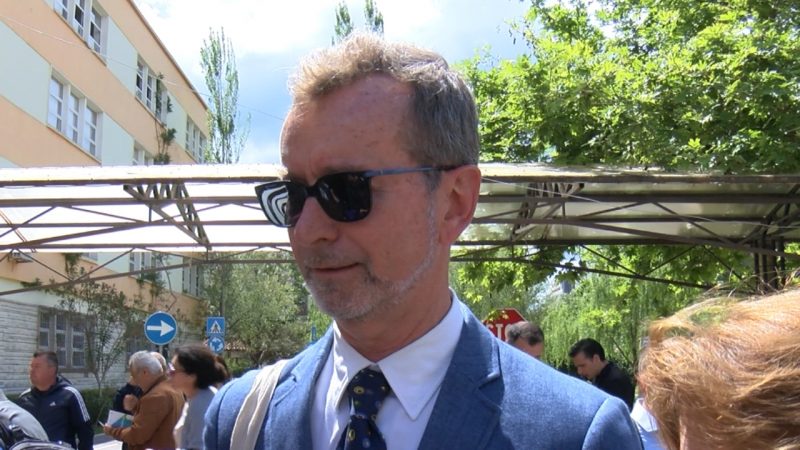 Culture and history attract foreign tourists to the 800-year-old monastery and church in Zvrnec
Culture and history attract foreign tourists to the 800-year-old monastery and church in Zvrnec
20/01/2018 19:34
The High Council of Justice has been acting for months with limited competences, until the new institutions are established, such as the High Council of the Judiciary.
Since the HCJ cannot appoint judges, the crisis has affected all Courts of Appeals, where many more judges are needed for the accumulated cases.
The only way for the HCJ to intervene in this situation is by constantly delegating judge panels from one court to another.
This is the newest phenomenon, called the “moving judges”, which has affected all Courts of Appeal. Entire judge panels move from Vlora to Shkoder and vice versa, or back and forth from Tirana to Gjirokaster, working on strong cases of the Serious Crimes, such as the case of Dritan Dajti.
The Court of Lushnje and Kavaja have both remained with just two or three judges. The Administrative Court of Appeals needs more judges than others, since they are operating on a national scale The HCJ is expected to send 10 judges there to unblock several cases.
The situation was made even worse by the intervention of the Constitutional Court, which repealed several articles in the law for the status of judges and prosecutors, tying the hands of HCJ, the only governing institution for courts.
After the Constitutional Court repealed article 101 and 102, the HCJ can no longer take measures against abusive judges. The repeal of article 152 also creates a stalemate for HCJ when they need to take decisions against judges, except for when Judges are under arrest.
Top Channel
 Culture and history attract foreign tourists to the 800-year-old monastery and church in Zvrnec
Culture and history attract foreign tourists to the 800-year-old monastery and church in Zvrnec 20/04 15:54







